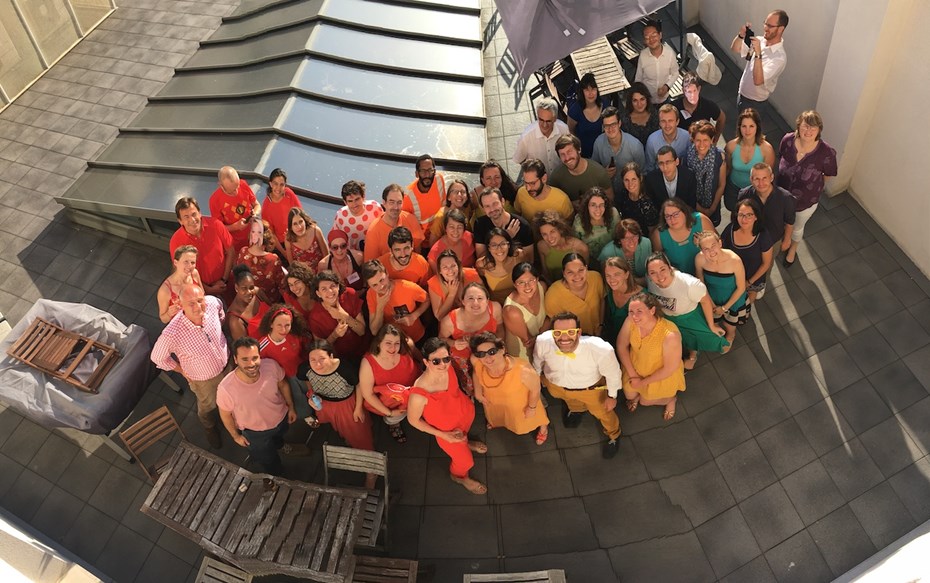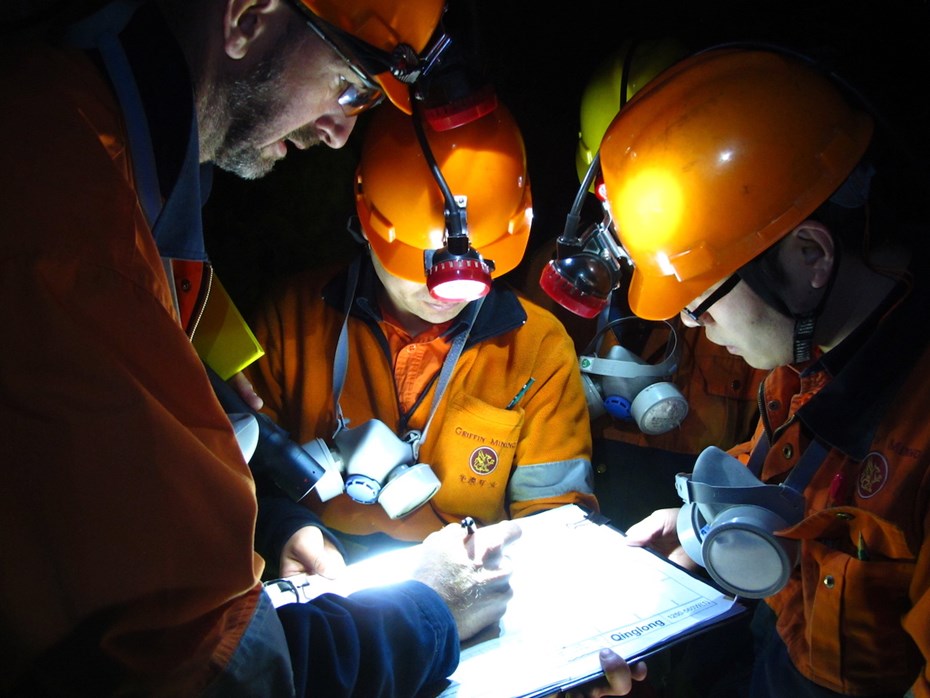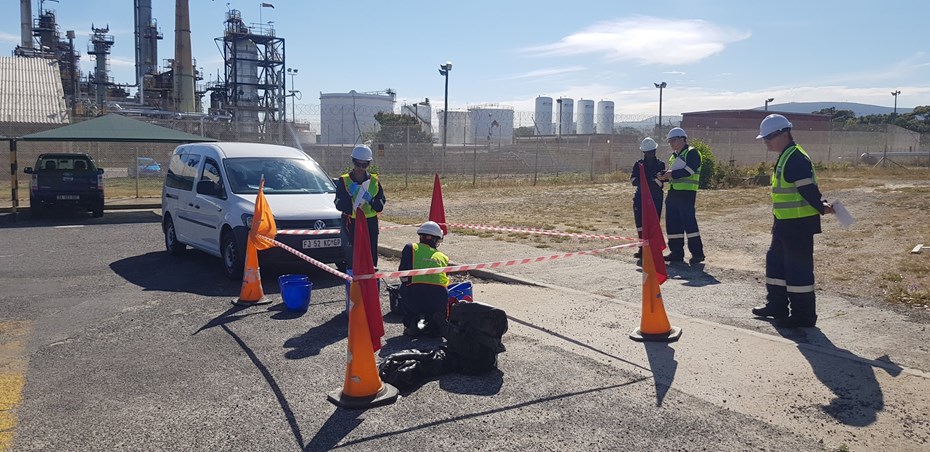Based on our materiality analysis, we identified ERM's material sustainability topics, set FY21 targets and reviewed our 5-year goals.
For information about our FY20 targets, see the Performance against FY20 targets section of this report.
Based on our materiality analysis, we identified ERM's material sustainability topics, set FY21 targets and reviewed our 5-year goals.
For information about our FY20 targets, see the Performance against FY20 targets section of this report.





